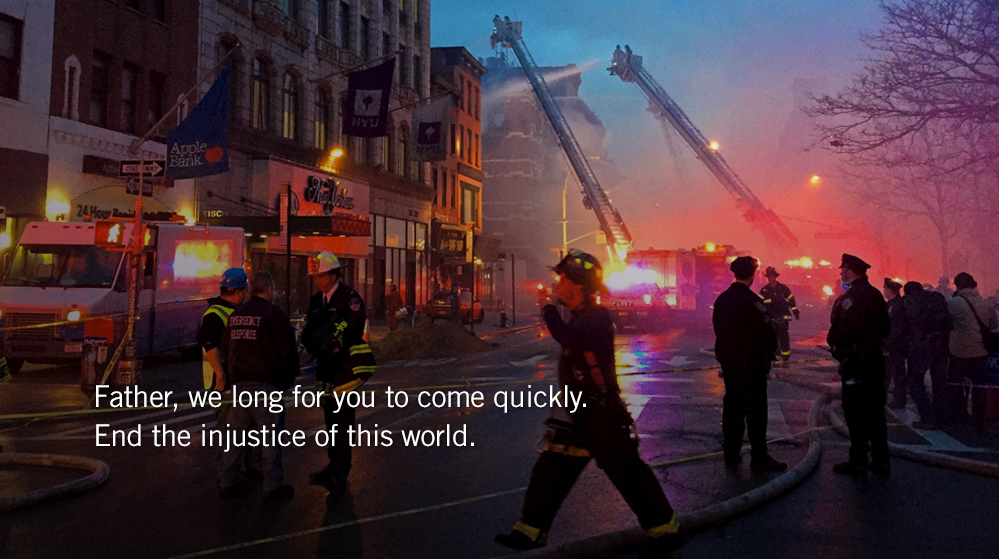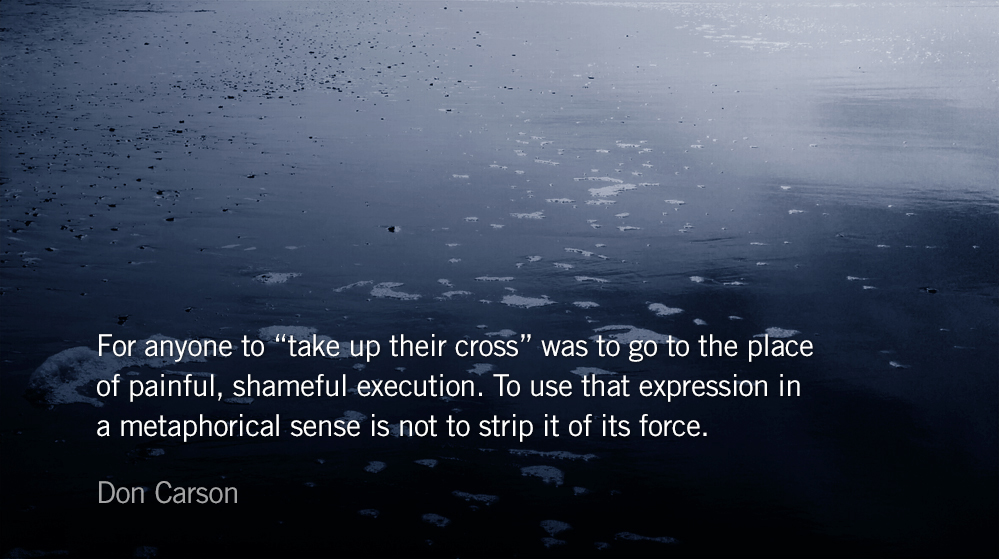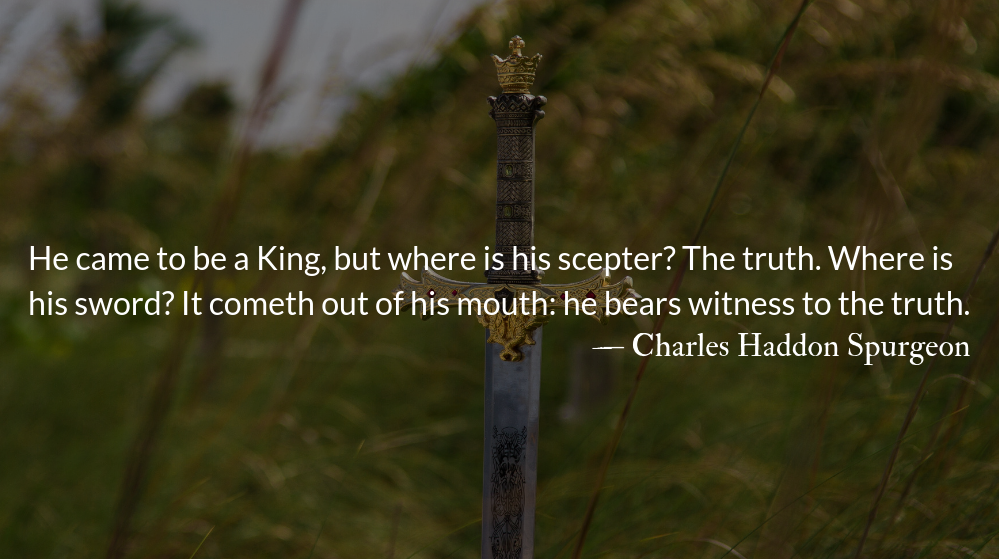Psalm 10.1
Why, O LORD, do you stand far away? Why do you hide yourself in times of trouble?
I ducked under the police barricade tape a little over an hour after the gas explosion rocked the East Village last month. Since the first-hours of the response to September 11, New York City has called on clergy to care for needs of victims, family members, and sometimes the responders themselves.
As I stood a few hundred feet from the three buildings engulfed in flames I couldn’t help but think of our great need for God’s intervention in the brokenness of our world. Twenty two people were injured that day, two lost their lives, and dozens lost everything they owned in an instant.
Meanwhile that day, our minds were dealing with what was known about Germanwings flight 9525, ISIS was still the scourge of the Middle East, and a near-endless list of infirmity and injustice billowed around the world.
Little of this has changed to date — and, although the problems are different, the past was full of its share of tyranny and pestilence as well.
David’s frustration at injustice is justified. His boldness in prayer is admirable.
We should aspire to join him in both. As we do, however, we cannot miss the reality of our role in the injustice we long to see God destroy. We are coconspirators in other people’s pain — our passivity, our lies, our sin are all part of the injustice of this world.
“Justice alone will destroy us all,” writes Don Carson in his book How long, O Lord? Reflections on Suffering and Evil. “There is, no doubt, a place for asking God to display his justice in a particular case. But such requests must not presuppose that justice is the only thing we need, or that we are more just than God, or that we can afford to tell God that he is not just enough.”
We need both the justice and mercy of God. It is Christ’s love on the cross, his promise in resurrection, and the new life found in his grace which end our pain, redeem our lives, and give us hope in the face of injustice.
Prayer
Father, we long for you to come quickly. End the injustice of this world. In wrath, remember mercy. Help us to rest in your grace, to trust in your sovereignty, and to give ourselves to your restorative work in our world today.
Today’s Readings
Leviticus 9 (Listen – 3:18)
Psalms 10 ( – 2:13)









